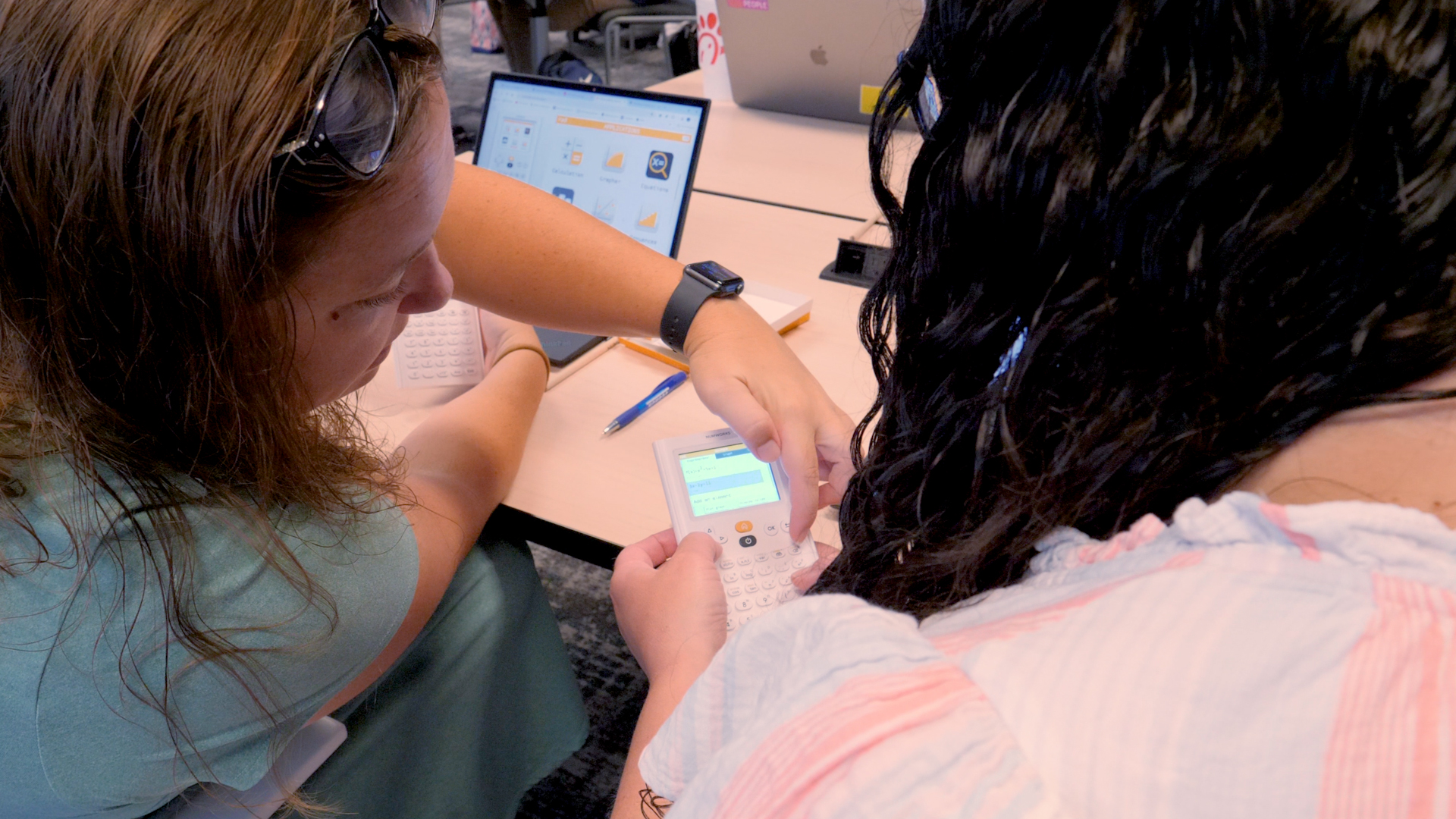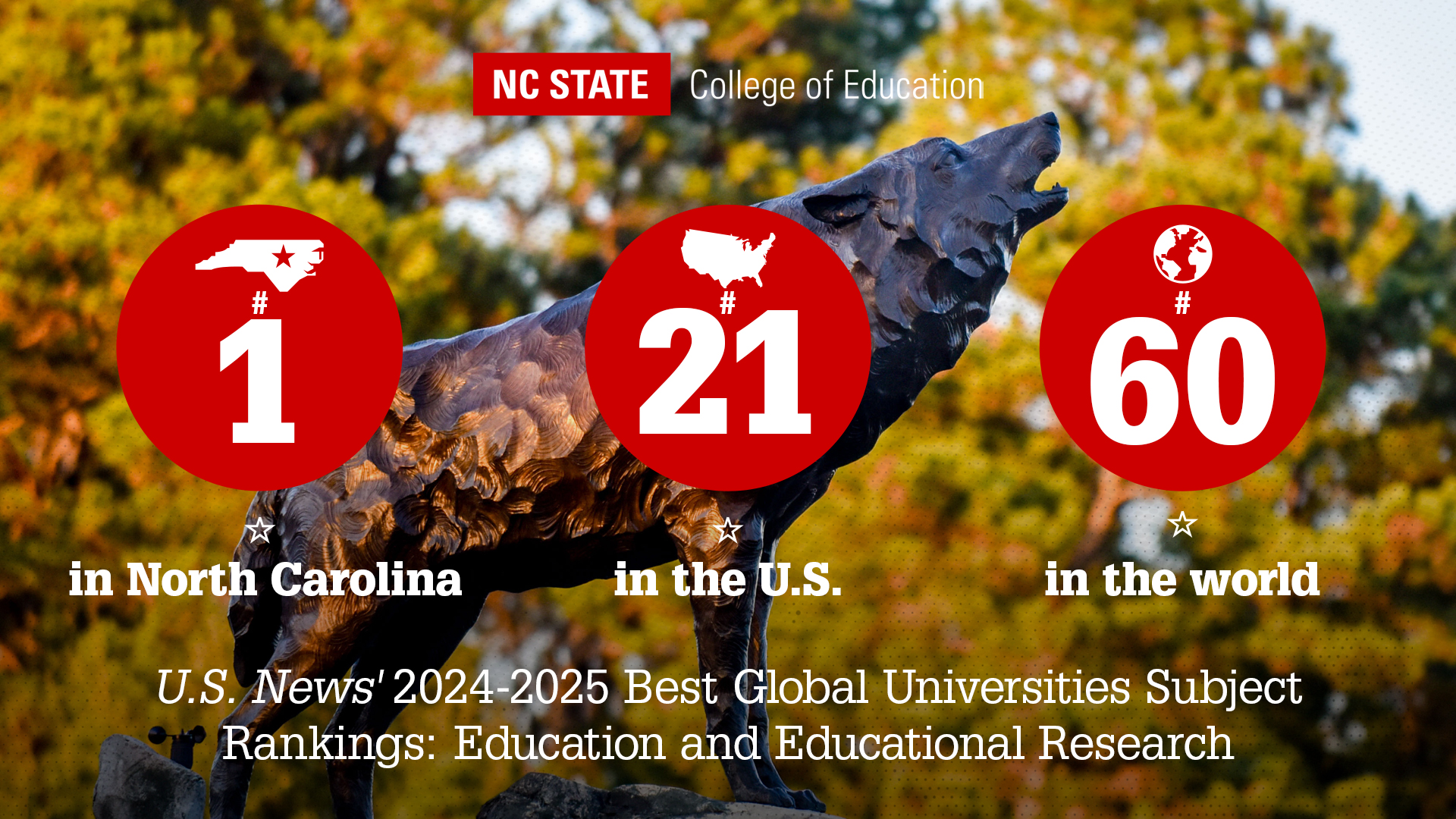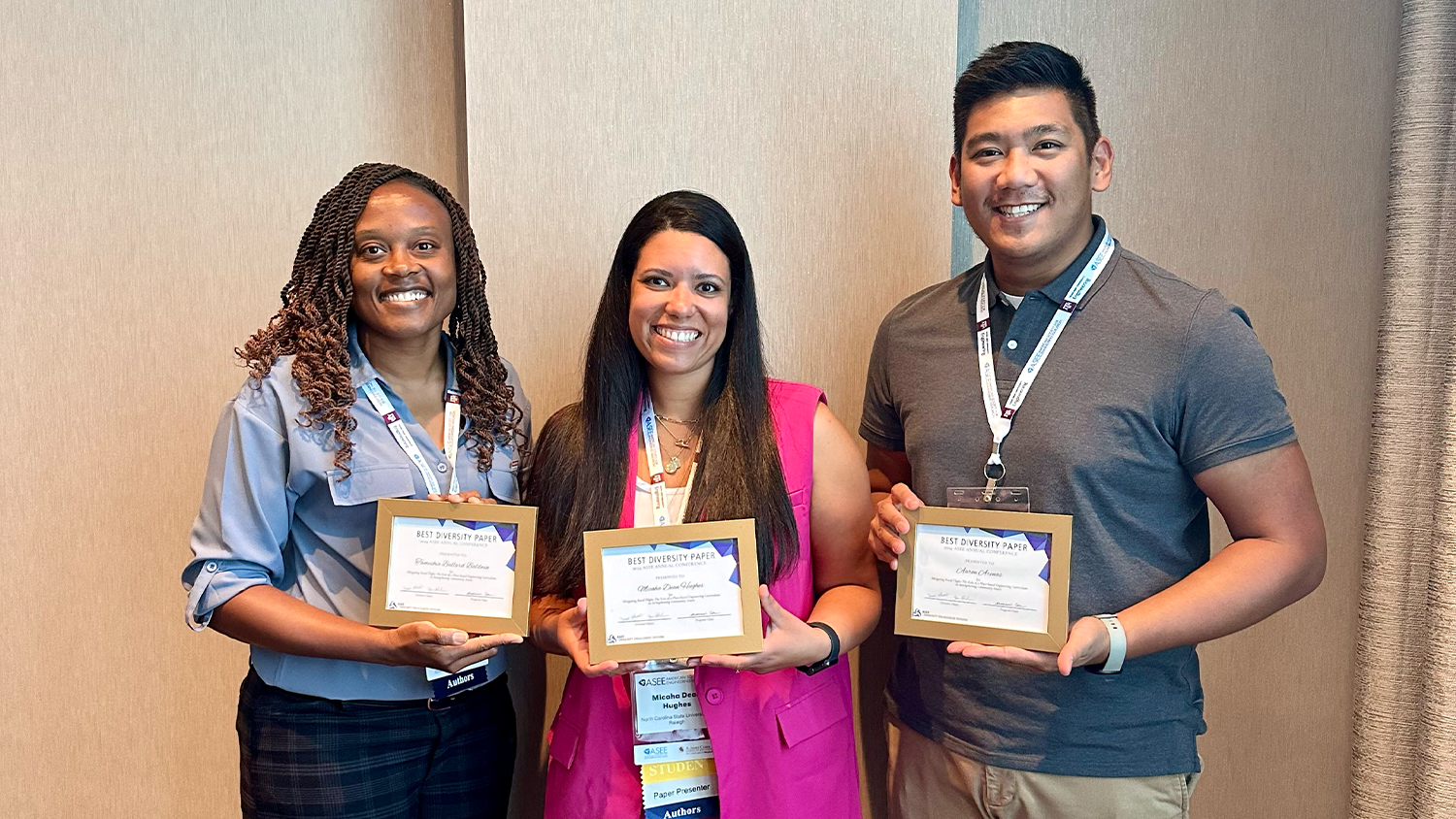John Nietfeld on His International Collaborations: ‘It’s Hard to Explain All the Things You Gain from Interactions with All These Different People from These Different Countries’

When John Nietfeld, Ph.D., a professor of educational psychology at the NC State College of Education, was given the opportunity to become a Fulbright Scholar in 2016, he thought it was a natural fit for his career.
Nietfeld had been traveling for several years, working with colleagues around the world and serving as a visiting professor at the University of Jyvaskyla in Finland and at the NC State European Center in Prague. What he enjoyed most about becoming a Fulbright Scholar, though, was having the opportunity to live in Estonia and immerse himself in another culture for an entire year.
“Immersing yourself in a culture and a society for a year is just an unbelievable experience. It’s career-making, and I’m not saying that because you’re winning the award. The opportunity to just displace yourself from the everyday work you do and engage in a whole different culture was an amazing experience,” he said.
In addition to teaching at Tallinn University in Estonia, Nietfeld used his year abroad to develop the architecture for Missions with Monty and begin to develop a proposal for the game-based learning project that received $1.5 million funding from the National Science Foundation in 2018.
The project aims to advance knowledge of how to assist students in monitoring their comprehension and improving their strategies for understanding STEM informational texts.
Nietfeld said his desire to pursue a career in educational psychology stemmed from his interest in understanding how to help increase students’ ability to monitor and reflect on how they learn, which is known as metacognition. His interest eventually began to focus on how students’ confidence levels impact their judgments and how those judgments impact studying and self-regulation habits.
“Generally, what we found is that if we can make students more accurate in their judgments, it tends to impact their study habits and their strategies and improve their academic performance,” he said.
His work in metacognition led to a project that found Nietfeld and his graduate students traveling to high-need schools across North Carolina to implement reading interventions that taught metacognitive reading skills, including strategies students could use while reading to understand what they did and didn’t know.
The need to drive across the state to deliver physical copies of this curriculum, however, became impractical, so Nietfeld began developing digital applications of the work at the same time as he was approached to collaborate with a colleague in the Department of Computer Science on a game-based learning project.
It was the combination of these experiences that ultimately led to the development of Missions with Monty.
“I started thinking about this idea and a character called Monty, who is a monitor lizard. The idea was that there would be this world of animals that have dilemmas for kids to solve, but it can take kids through and guide them in their approaches to learning not only science but also literacy approaches for science,” Nietfeld said.
Missions with Monty is currently being tested in schools with a full roll-out planned for spring 2021, particularly in high-need locations. It gives teachers a tool that aligns with the curriculum and allows their students to get customized feedback without a teacher needing to be present. It’s a program that has become especially significant as schools have transitioned to online learning during the coronavirus pandemic, Nietfeld said.
As Nietfeld and the project team continue to collect data on the Missions with Monty implementation, he said the next goal is to develop the modules for bilingual students, specifically Spanish-speaking students, in order to more effectively engage them in science and reading as they develop academic and technical language skills.
Although the work has been delayed because of the pandemic, Nietfeld has also been collaborating with colleagues in Spain to develop a European Spanish version of the game as well as with Australian colleagues to develop a follow up to Missions with Monty that would include a collaborative aspect between students in Australia and the United States.
Nietfeld said that working across international borders has been a passion of his for many years, and he likely has just as many international collaborators as he does domestic ones.
When traveling to a new destination, he will often reach out to international colleagues ahead of his trip to connect and discuss similar academic interests. These connections have led to him working on projects in Spain and Portugal in addition to his previous teaching work in Finland, Estonia and Prague.
Over the years, his travels have also connected him with students from the UK, India, Spain, El Salvador, the Czech Republic, Russia, Turkey, Iran and South Korea who all eventually applied to doctoral programs at the NC State College of Education.
“It’s hard to explain all the things you gain from interactions with all these different people from these different countries,” Nietfeld said. “I think it’s important to make the world a little smaller by finding these international collaborators. Once you open up to the idea of international travel, many other opportunities will follow, so if you’re interested in that kind of thing, take the risk and do it.”
- Categories:


